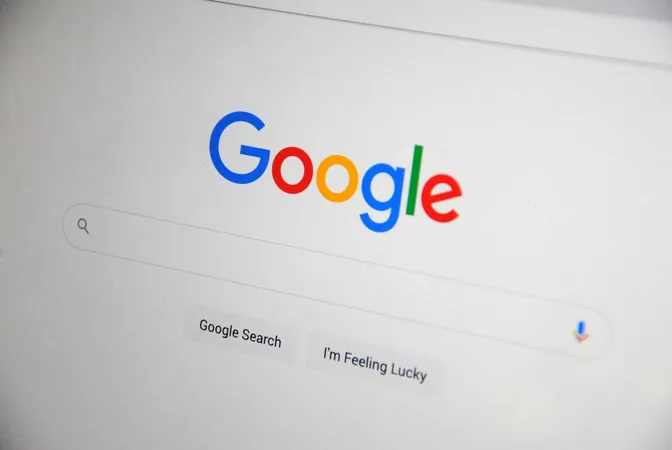
Is OnlyFans Piracy Destroying the Internet for Everyone?
2025-09-01
Author: Liam
The internet is facing a growing crisis as piracy becomes a significant hurdle for adult content creators, particularly those on platforms like OnlyFans. As these creators fight to protect their income, they often resort to hiring companies that use automated systems to send Digital Millennium Copyright Act (DMCA) takedown notices, leading to unexpected consequences that disrupt online accessibility.
Piracy, especially in the adult content sector, has existed as long as the internet itself. However, with the rise of individual creators relying on platforms like OnlyFans, many have turned to businesses for help in tackling content theft. While these companies are designed to combat piracy efficiently, their automated processes sometimes mistakenly flag unrelated content, causing legitimate articles and websites to vanish from search results.
A notable instance involved 404 Media, which encountered a DMCA takedown notice when an article on AI therapists mysteriously disappeared from Google. After extensive searching, it became clear that a complaint had been lodged by a company named Takedowns AI on behalf of a content creator. This automated system not only targeted actual copyrighted content but also flagged irrelevant links, showcasing the problematic nature of current copyright enforcement methods.
The complaint against 404 Media included a staggering 68 links, yet none seemed to relate to the allegedly violated content. Images from popular video games and sports icons were among those incorrectly flagged. The sheer scale of these mistakes highlights a broader issue: the methodology of automated DMCA requests is rife with flaws.
The CEO of Takedowns AI, Kunal Anand, defended their practices, stating they file millions of takedown notices annually and rely on a blend of technology and human review. However, he admitted that they often do not personally verify the list of flagged content if clients request removals directly, which raises serious questions about accuracy and accountability.
In contrast, Yvette van Bekkum, CEO of Cam Model Protection, stressed the importance of human oversight, claiming her company has systems in place to prevent false positives. Her approach emphasizes the responsibility to ensure that takedown requests are justified, striking a balance between protecting creators and preserving free expression on the internet.
This automation issue isn’t new; similar problems have plagued structures like YouTube's Content ID, where errors lead to wrongful content removals. As content creators increasingly seek assistance against piracy, the potential for more errors looms large, resulting in legitimate content being unjustly barred from public access.
Experts warn that this evolving situation is indicative of larger issues surrounding copyright enforcement on the internet, magnified by the monopolistic hold of search engines like Google, and the pressing need for reform. The tools meant to provide copyright protection can easily become instruments of censorship in the wrong hands.
Spokespeople from Google have acknowledged their efforts to mitigate fraudulent takedown requests, highlighting a complex balancing act between protecting rights and maintaining online speech. The ongoing challenge is to find a solution that allows creators to defend their work while safeguarding the openness of the internet from sweeping censorship.
The battle against piracy on platforms like OnlyFans is an intricate web of rights, technology, and the ever-looming threat of automation gone awry. As this issue unfolds, both creators and users of the internet will feel the ripples, underscoring the need for a more nuanced approach to copyright enforcement.


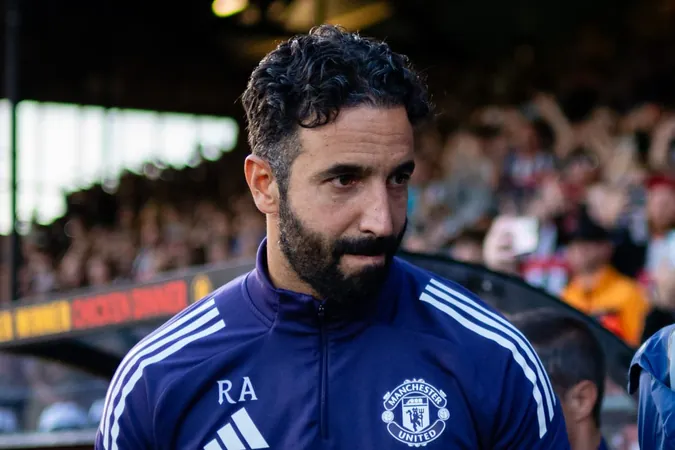
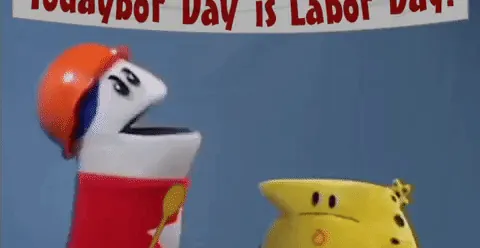

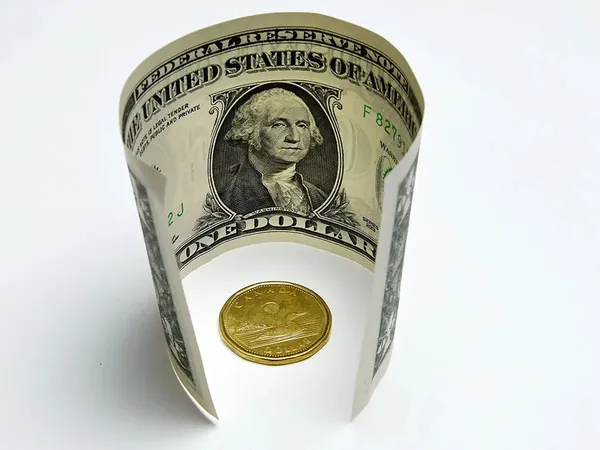
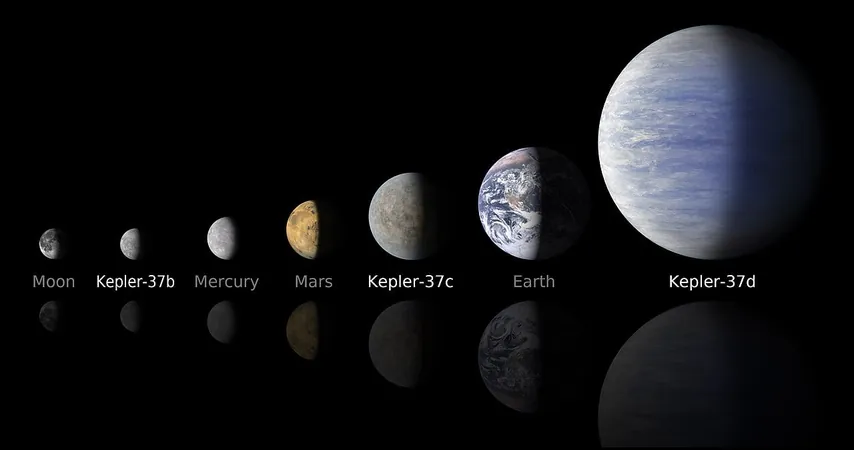


 Brasil (PT)
Brasil (PT)
 Canada (EN)
Canada (EN)
 Chile (ES)
Chile (ES)
 Česko (CS)
Česko (CS)
 대한민국 (KO)
대한민국 (KO)
 España (ES)
España (ES)
 France (FR)
France (FR)
 Hong Kong (EN)
Hong Kong (EN)
 Italia (IT)
Italia (IT)
 日本 (JA)
日本 (JA)
 Magyarország (HU)
Magyarország (HU)
 Norge (NO)
Norge (NO)
 Polska (PL)
Polska (PL)
 Schweiz (DE)
Schweiz (DE)
 Singapore (EN)
Singapore (EN)
 Sverige (SV)
Sverige (SV)
 Suomi (FI)
Suomi (FI)
 Türkiye (TR)
Türkiye (TR)
 الإمارات العربية المتحدة (AR)
الإمارات العربية المتحدة (AR)